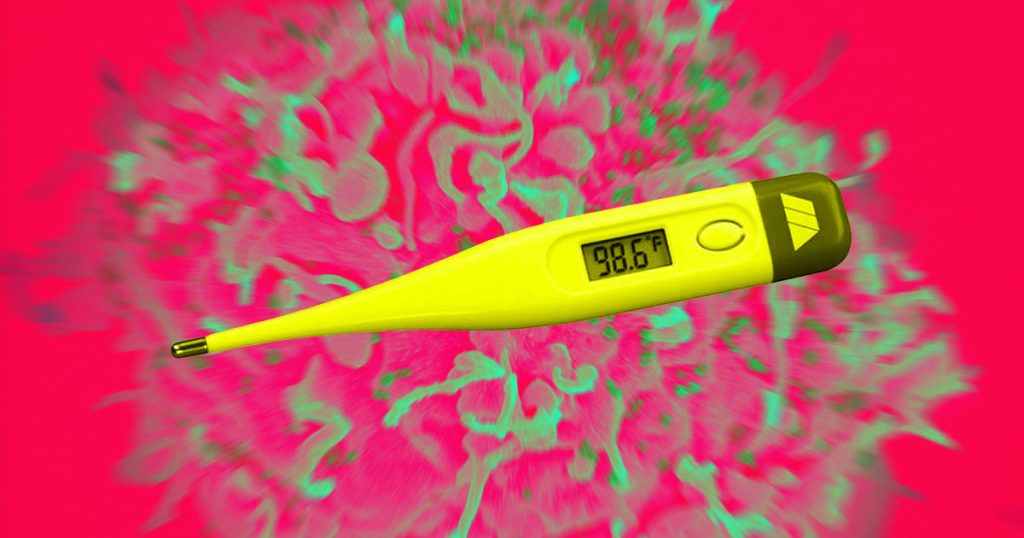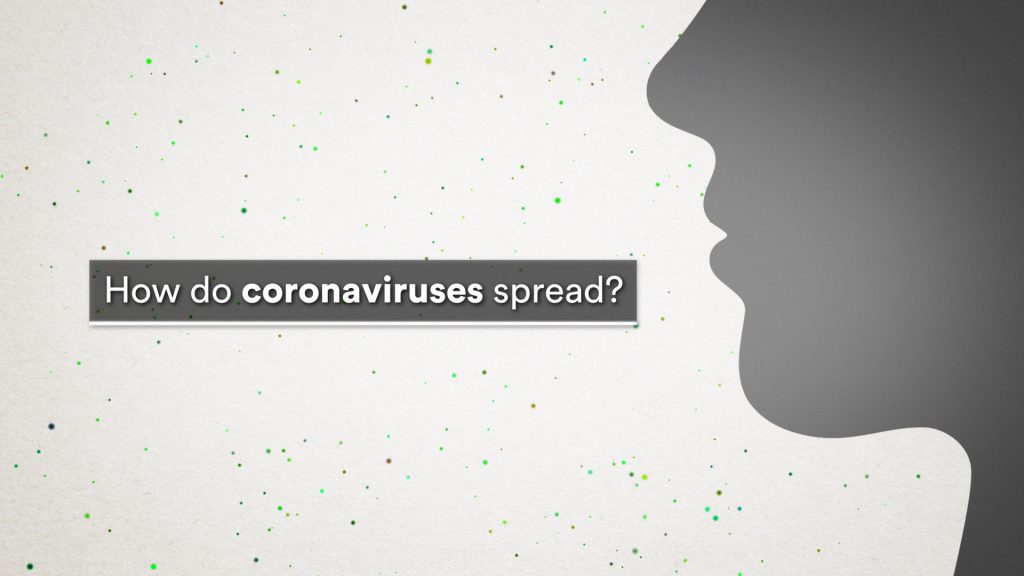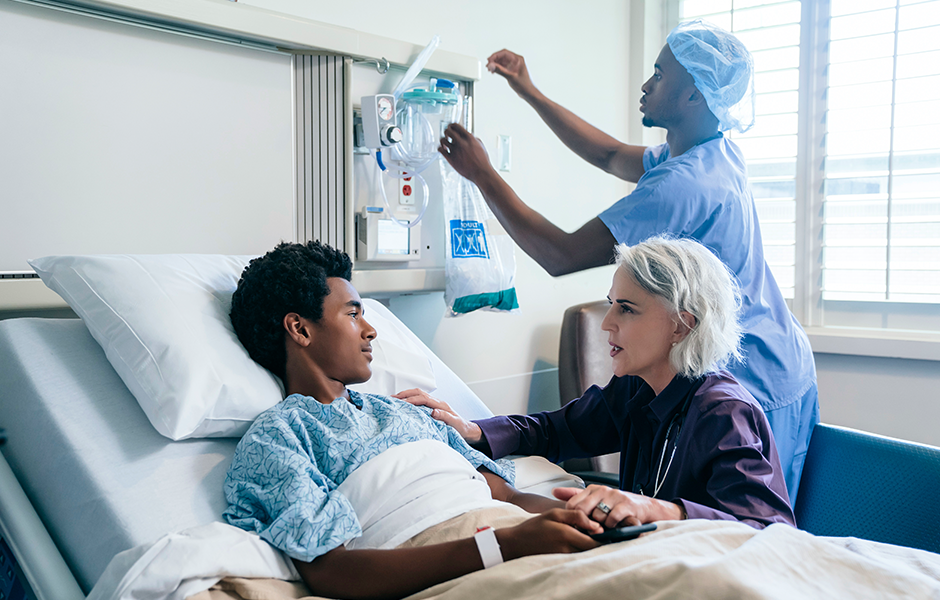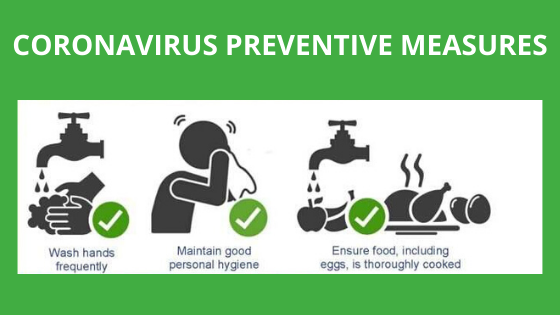Things You Must Know About Coronavirus Disease
2,110 viewsCountries around the world are actively putting in efforts to contain and tackle the recent outbreak of a new type of coronavirus disease. There have been over 95000 confirmed cases of coronavirus, most of which have occurred in China. Read on to know what is coronavirus, the symptoms of coronavirus, preventive measures and the cases of coronavirus in Tanzania.
What is Coronavirus?

Coronavirus is a type of virus that causes illness in animals in most cases. Some types of coronaviruses can infect animals as well as humans. These viruses are named for their appearance. Their body surface has spikes all around it which makes them look like a crown (corona).
So far, there have been rare types of coronavirus that are zoonotic. Zoonotic coronavirus is a type of coronavirus that can spread from animals to humans.
Two types of coronavirus have caused respiratory infections to humans in the past.
SARS-CoV was a zoonotic coronavirus that started in China in the year 2003. This infection was transmitted to humans from civet cats in China. Soon, many people across the world caught the infection. However, the mortality rate was 1% and most patients recovered from the infection easily. The spread of the disease was contained and there has been no report of SARS-CoV since 2004.
MERS-CoV is another infection caused by a virus from the coronavirus family. The first case of MERS was reported in Saudi Arabia in the year 2012. The disease is still active in Middle East countries. So far, around 2400 cases of MERS have surfaced globally. MERS too causes flu-like symptoms which are likely to transform into severe problems like pneumonia if not treated in time.
What is COVID-19?
A newly identified virus from the Coronavirus family has caused an outbreak of respiratory viral infection since December 2019. The World Health Organization has officially named this infection COVID-19. The first case of COVID-19 surfaced in Wuhan, China. As of March 2020, this coronavirus has infected over 95000 people across 80 countries in the world.
What are the symptoms of coronavirus disease?

The most common symptoms of coronavirus COVID -19 are:
- Dry cough
- Runny nose
- Sore throat
- Fever
- Fatigue/tiredness
- Breathlessness
Some patients may also have body ache, nasal congestion and/or diarrhoea.
In rare cases, these symptoms can become more serious and lead to pneumonia. It mostly happens in the case of elderly people with low immunity and who are already struggling with problems like high blood pressure, heart diseases or liver disease.
How long does it take for symptoms of coronavirus to appear?
According to WHO, in patients with cCOVID-19, the symptoms appeared between 1 to 14 days after they caught the coronavirus infection.
How does coronavirus spread?

COVID-19 is a contagious infection that can easily spread from person to person. Primarily, a person catches the infection when they come in contact with the respiratory droplets released by an infected person while coughing, sneezing or even breathing. It’s advised to not get too close with anyone until the disease is contained.
Sometimes, these droplets may land on the surface of objects around the infected person. Other people can catch the infection if they touch these objects and then touch their nose, eyes or mouth with the same hand.
Should I be tested for COVID-19?
For most people in most places, the risk of catching coronavirus is still low.
However, for the cities and countries that have reported a large number of cases of COVID-19, the risk is very high. If you stay in or if you have recently visited these places, you are at a high risk of catching coronavirus. It is essential that you go for regular screenings to determine whether you have caught the infection.
Apart from that, if you have symptoms like fever, cold or breathlessness, consult your healthcare provider at once. Upon careful examination of your health, they can guide you on whether you should get tested for coronavirus.
How is coronavirus disease treated?

There are no medications or coronavirus vaccines to cure this coronavirus disease specifically. The course of treatment for coronavirus consists of relieving the symptoms of the disease with supportive care like fluids and fever control. The patients who suffer from severe respiratory illnesses due to COVID-19 require intensive care, particularly for avoiding organ failures.
Most of the patients with coronavirus have fully recovered with the help of supportive care.
Can coronavirus cause death?
Most people develop the symptoms of coronavirus only mildly. As we mentioned above, most of the patients fully recover from the disease with the help of timely treatment.
Elderly people with low immunity power and who were already in poor health have died after catching coronavirus.
How can I protect myself from coronavirus disease?

Following are the essential prevention measures for coronavirus include:
Wash your hands frequently
When your hands are visibly dirty, wash them thoroughly with running water and soap.
When your hands aren’t visibly dirty, clean them with an alcohol-based sanitizer or hand rub to kill the viruses that may have reached on your hands.
Social Distancing
You must maintain a distance of a minimum of 1 meter from the person who is sneezing or coughing. If you get too close, you may inhale their respiratory droplets (that may contain the coronavirus) that come out of their mouth or nose.
Avoid touching eyes, nose and mouth
As we mentioned above, sometimes the virus may land on objects lying around the people who have caught the infection. While you can’t avoid touching the objects, you can avoid touching your eyes, nose, and mouth with unwashed hands to ensure that the virus on your hands doesn’t get inside your body.
Practice respiratory hygiene
Good respiratory hygiene refers to the practice of covering your nose and mouth with a tissue paper while coughing or sneezing. You must also dispose of the used tissue immediately in a covered bin. Ensure that everyone around you practices respiratory hygiene.
If you feel the symptoms of fever, cough or breathlessness, seek medical care at once
National and local health facilities in Tanzania have the most accurate and up to date information about how the disease can be diagnosed and treated. Instead of opting for over the counter medicines from a pharmacy, you must inform your doctor about your symptoms. The doctor can guide you to the right local authority who can handle these sensitive cases in the most appropriate and safest way.
Practice food safety
Wash raw meat and cook it thoroughly before you consume it.
Use separate chopping boards and knives for cutting raw meat and other food items.
Wash your hands after cleaning/cutting raw meat before you touch other food items.
Don’t eat animals who died of diseases or who were sick.
Coronavirus disease in Tanzania
The government of Tanzania and the health ministry are vigorously working towards ensuring the safety of the citizens from the deadly coronavirus disease. Fortunately, there is no confirmed case of coronavirus in Tanzania.
Although the global situation is alarming, be certain that the coronavirus outbreak can be contained. We have seen how the SERS coronavirus never came back after 2004. However, it’s important to stay aware of the latest updates on the issue. You can check verified information published on the WHO website here.


